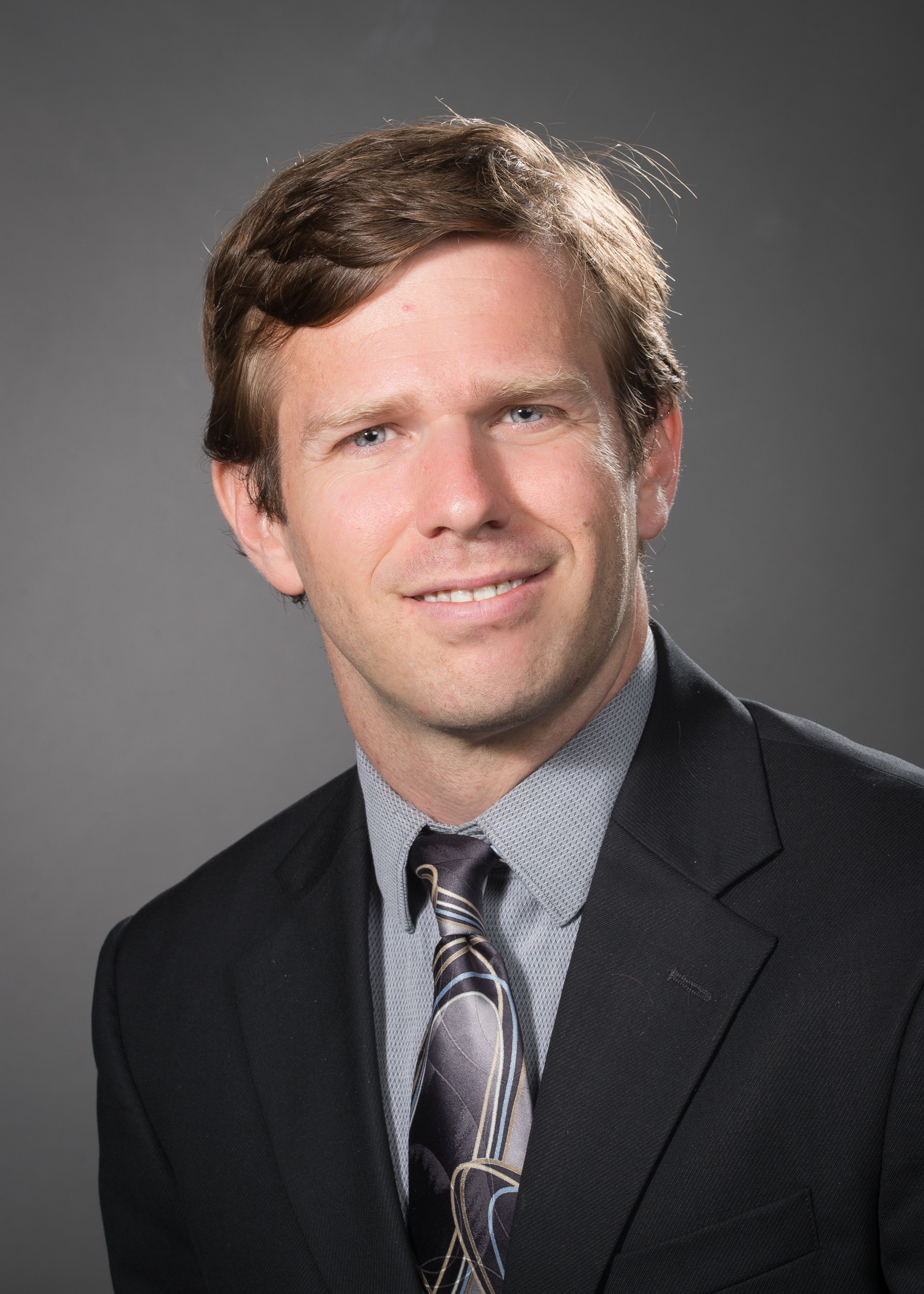The Feinstein Institutes—the research institutes of Northwell Health, New York’s largest health care provider—is home to 50 research labs, 3,000 clinical research studies and 5,000 people raising the standard of medical innovation. We make breakthroughs in molecular medicine, genetics, cancer, brain research, mental health, autoimmunity and bioelectronic medicine.
Matthew David Taylor, MD
About the investigator
Matthew D. Taylor, MD, is an assistant professor of pediatrics in Critical Care Medicine at Cohen Children’s Medical Center and an instructor within the Institute of Molecular Medicine at the Feinstein Institutes for Medical Research. He is investigating the role of T cell immunologic memory in the response to sepsis and multisystem organ dysfunction. Dr. Taylor was awarded an NIH K08 Early Career Award to pursue mouse modeling and human translation work to further elucidate whether prior infections may alter the organ dysfunction associated with severe infection.
Dr. Taylor started his research career in medical school at the University of Pittsburgh, examining the changes in T cell immunology in Wiskott-Aldrich syndrome. Following this introduction to research, he moved on to focus on the role of prior infection in severe inflammation and organ dysfunction during residency and fellowship at the Children's Hospital of Pittsburgh and the Children's Hospital of Philadelphia, respectively. Dr. Taylor initially focused on hemophagocytic lymphohistiocytosis and joined the Feinstein Institutes for Medical Research in 2017. His current work focuses on sepsis and the development of the adaptive immune response and the role it plays in the response to severe infection, as well as its contribution to organ dysfunction.
Research focus
Dr. Taylor focuses on the role of T cell immune memory and T cell activation on the body's response during severe inflammation. Adult humans have had many infections during their lifetimes and have abundant memory T cells. During inflammation and sepsis, these cells boost the immune response and increase organ injury. Neonates and pediatric patients may have an underdeveloped adaptive immune system as they have not had prior infections which may alter their response to sepsis and multisystem organ dysfunction. Dr. Taylor works to determine the contributing factors to organ dysfunction in sepsis with the hope of improving outcomes in sepsis patients.
Collaborators:
Clifford Deutschmann, MS, MD
Professor, Institute of Molecular Medicine
Email: [email protected]
Education
Children's Hospital of Philadelphia
Degree: Fellowship
Field of study: Pediatric Critical Care
Children's Hospital of Pittsburgh
Degree: Residency
Field of study: Pediatrics
University of Pittsburgh School of Medicine
Degree: MD
Franklin & Marshall College
Degree: BA
Field of study: Chemistry
Honors & awards
- 2019 Pediatric Section Travel Grant, Congress of the Society of Critical Care Medicine, San Diego, CA
- 2019 Star Research Presentation, Congress of the Society of Critical Care Medicine, San Diego, CA
- 2018-2019 Young Investigator Best Abstract Award, New York Society of Pediatric Critical Care Medicine Research Symposium
- 2018 Thrasher Research Fund Junior Career Award
- 2018 Silver Spotlight Award, Congress of the Society of Critical Care Medicine, San Antonio, TX
- 2017 Selection for Children’s Hospital of Philadelphia Fellow and Resident Grand Rounds Series, Philadelphia, PA
- 2017 Young Investigator Trainee Award – Best Research, Eastern Society of Pediatric Research 2017, Philadelphia

